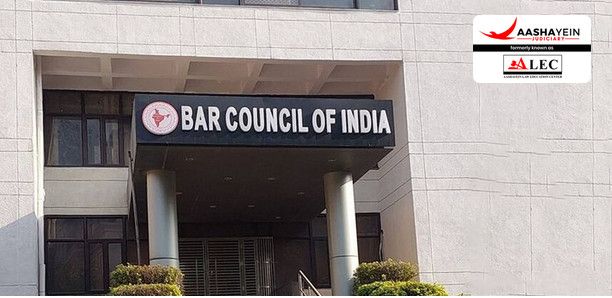The legal profession, often referred to as the backbone of democracy. However, a recent discovery has shaken the foundation of this esteemed field. Chaudhary Charan Singh University, Meerut, reported 13 cases of fake law degrees, unraveling a systemic issue of fraudulent enrollments that threatens the legal profession’s very essence.
A Systemic Threat to Legal Integrity
The Bar Council of India (BCI) has taken serious cognizance of these revelations, with investigations pointing to hundreds of such cases in Delhi alone. Evidence suggests that these fraudulent practices are not isolated incidents but a pervasive issue requiring immediate corrective measures. Fake law degrees and falsified qualifications not only tarnish the profession's reputation but also erode public trust in the judiciary and legal institutions.
BCI’s Mandate for Comprehensive Verification
To address this alarming trend, the BCI has directed all State Bar Councils to conduct rigorous verification of advocates on their rolls. This initiative aims to identify and remove individuals who have enrolled using fraudulent means. While some State Bar Councils have made preliminary efforts, the BCI has emphasized that under Section 26(1) of the Advocates Act, 1961, only the BCI holds the statutory authority to remove advocates from the rolls. Such removals must follow a due process initiated by references from State Bar Councils, ensuring adherence to the law.
You can also read the latest judgment by visiting [Latest Judgment].
For more information, visit [Aashayein Enquiry Section]
Universities Under Scrutiny
The role of educational institutions in this crisis cannot be overlooked. Some recognized universities, including Chaudhary Charan Singh University, have been accused of issuing law degrees in violation of BCI norms.
Adding to the concern is the delay by certain universities in issuing verification reports and their demands for verification fees. Such actions are in direct contravention of Supreme Court directives, which mandate prompt and fee-free verification processes. The BCI has strongly directed all universities to comply with these binding guidelines to facilitate the verification process without hindrance.
Supreme Court Intervention: A Beacon of Hope
Recognizing the gravity of the situation, the Supreme Court constituted a High-Powered Committee on April 10, 2023, to monitor and enforce the BCI's verification framework. The Committee’s involvement has streamlined the identification of non-practicing advocates, certificate verification, and preparation of electoral rolls.
The introduction of Rule 32 on June 26, 2023, further fortified this framework. The rule mandates the completion of verification within 18 months and elections within six months thereafter. Failure to comply results in the dissolution of State Bar Councils and the formation of Special Committees under Section 8A of the Advocates Act, 1961.
Conclusion
The revelations of fake law degrees and fraudulent enrollments are a wake-up call for the legal profession. The Bar Council of India’s proactive measures, combined with the Supreme Court’s oversight, underscore the urgent need for transparency, accountability, and ethical governance. As the BCI intensifies its efforts, the legal community must rally together to uphold the profession’s honor and ensure that justice remains a pillar of democracy. This coordinated crackdown is not just a legal necessity but a moral imperative to safeguard the future of the legal profession.

